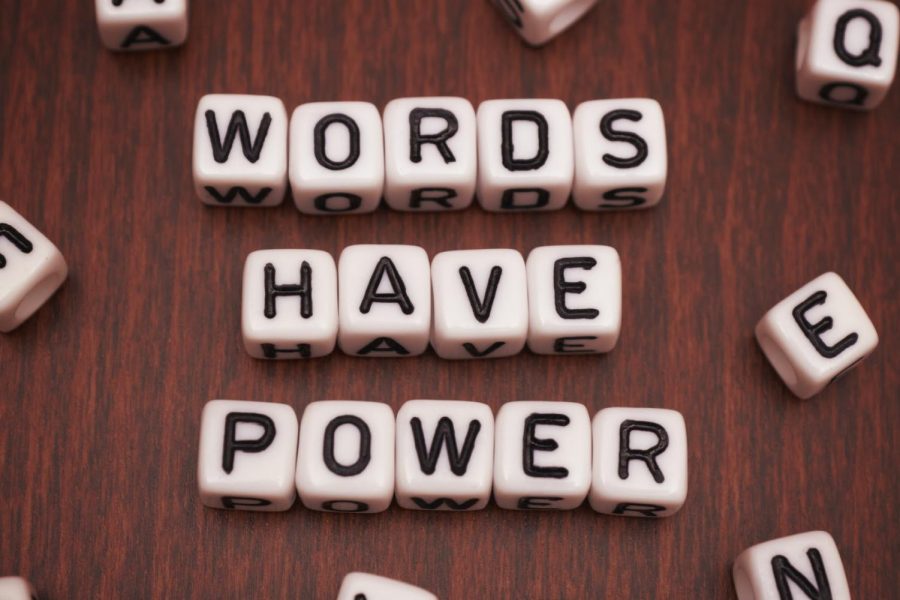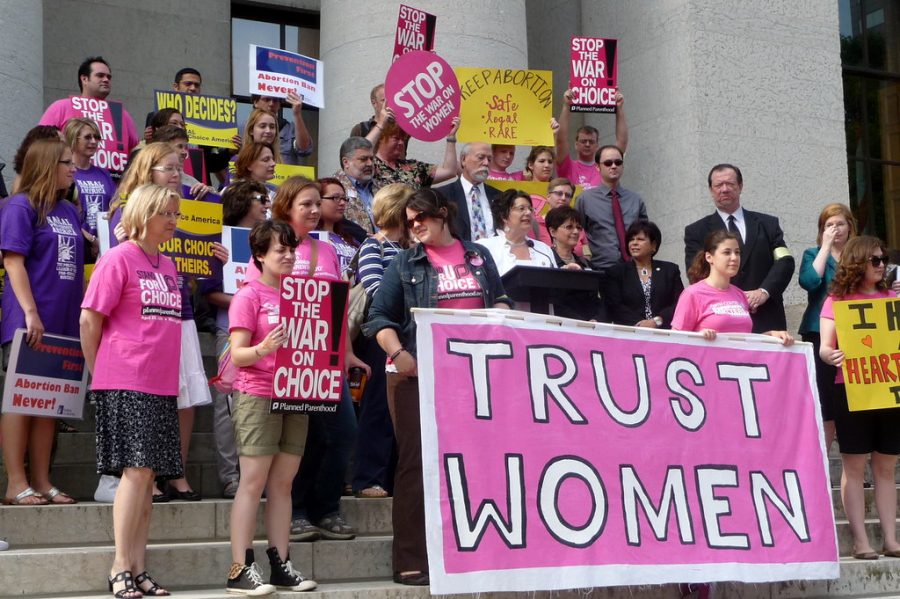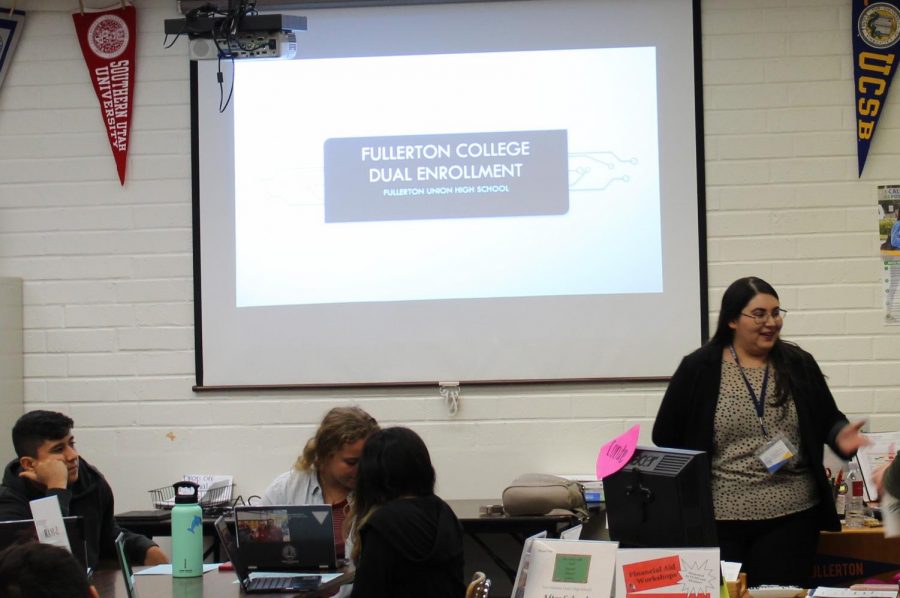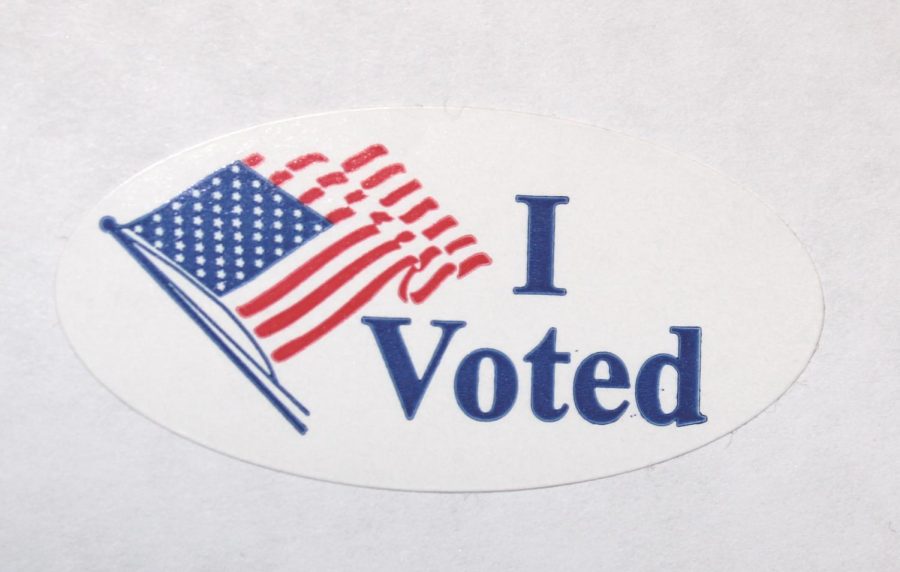Walking down the hall in school the other day, I overheard a fragment of a conversation. A boy looked over to his friend and said, “that’s so gay, bro.” This simple phrase was obviously meant as an insult—as if being gay is a negative thing. These connotations, which some seem to never consider, stigmatize those who are gay in a damaging way.
With the legalization of same sex marriage and ‘Love is Love’ equality movements, America has become more accepting of the LGBTQ+ community. However, many still lack the ability to filter statements and think about how their words affect people.
Words are our ability to convey thought and communicate emotion, but we tend to use them inconsiderately and incorrectly—especially words like “gay” and “retarded.” This thoughtlessness has effects that we never even consider.
Being a part of the LGBTQ+ community is not something to be ashamed of, but rather celebrated as a part of one’s identity.
Using these terms as nonchalant insults perpetuates the idea that it is something to be ashamed of. Using “gay” as a derogatory term directly slanders those who identify as gay by insinuating that they are inherently less.
“Retarded” is another horribly offensive word. I frequently hear this word exclaimed around campus as an insult against anyone who has made a simple, everyday mistake.
However, what people fail to realize is that this reflects a deeper issue: using “retarded” derogatorily instead of its actual medical term suggests that those who actually struggle with mental or physical handicaps are less of a human being and less deserving of respect.
As a society, we need to acknowledge the power of words and have the courage to confront or educate one another about the ignorant use of identities as offensive slurs. Nothing is going to change if we continue to stand by.













